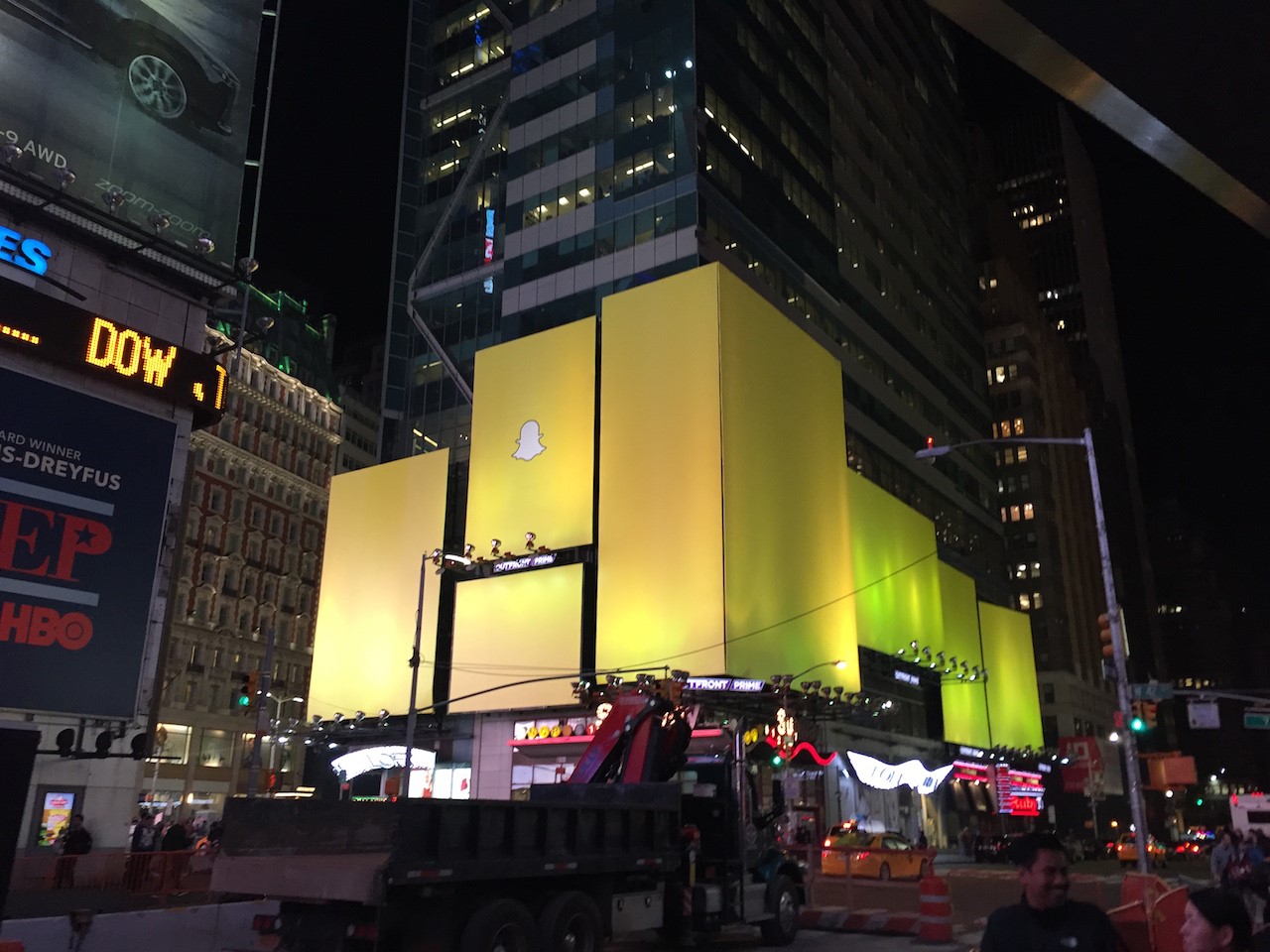Looking Beyond Millennials to the Future -- Gen Z

A person can learn more about market trends from a teenager than most business school classes. Case in point, my 15-year-old daughter has opened my mind to an entire new generational experience: YouTube tutorial videos are an absolute go-to source for just about anything.
While still fairly young, Generation Z (or those born from the mid-1990s through the early 2000s) is a generation worth paying closer attention to, as they are a cohort unlike any before. In some ways they provide a virtual crystal ball into our media-habit future. These days, marketers are very focused on Millennial and Boomer generations for obvious reasons: These two generations are the largest and control a majority of the buying power. Gen Xers and Gen Yers fall somewhere in there as well. But in the next five years, Gen Z is poised to enter the workforce en masse and according to new findings their advertising preferences are completely unique. Savvy advertisers have begun to develop strategies to reach this new generation today.
Every generation has experienced revolutions in media and advertising differently. For Boomers, the wonders of traditional media were in full bloom with television, radio and out of home (OOH.) This generation witnessed what we then considered a seismic shift brought on by cable, DVRs, satellite radio and the emergence of digital; all components that helped build the backbone of the now over $200 billion ad market. Millennials matured online media platforms and were the first to experiment with social media. Their success is evident in Facebook and Google dominance in the mobile marketplace.
Gen Z, on the other hand, is unique in that they are the first generation that has grown up with smart phones, texting, photo/video "documenting" and sharing, and the world's content at the tip (or swipe) of their fingers. They know no other reality and therefore comprise a generation that wants different things from the media it consumes.
A recent, first-of-its-kind report shed new light on Gen Z's advertising preferences. To no-one's surprise, the report found they're a generation defined by their technological prowess. However, the study also discovered their clear aversion to digital and online advertisements. To date, 37 percent of Gen Z have installed ad-blocking software, higher than any other generation. Roughly 11 percent of Internet users use ad-blocking programs and that number is expected to skyrocket in the coming years.
In my own experience, I've witnessed Gen Z's peculiar media preferences firsthand. As my daughter says, "Facebook is for old people." Apparently, Instagram is cool, and everyone is on Snapchat. Imagine that to a 15-year-old, Facebook is her grandmother's medium. In reality, she just uses it differently; Facebook is the communication center for every group, club and organization in which she is involved and less a social sharing site.
Compounding the problem is the fact that Gen Z views the likes of Facebook, online publications and older forms of media as places of information, not discovery. They prefer to discover brands and products through filters on Snapchat and influencer endorsements on Instagram, not commercials and banner ads. When it comes to advertising, Generation Z wants experiences.
According to the same study, Gen Z looks more positively towards brands who allow them to make decisions, vote and co-create within the advertisement. They want to be participants to the advertising experience, not passive watchers -- they want to marketed with, not marketed to.
In some ways, OOH advertising is a fundamental experience as it occurs in the "real world" as a backdrop to the daily experiences of life. It can be completely contextually relevant to a place or a time or an event. You cannot block it and, if provided the right creative at the right location, OOH can augment physical environments in fun, exciting ways. And very importantly, it's very visual nature makes it infinitely sharable through social channels. As teens and young adults, very few boomers carried cameras; virtually every Gen Z has one tethered to his/her hand. Just as they do with a great looking meal, Gen Z will shoot and share OOH ads they like if the content is worthwhile. Talk about creating a social network!
Interestingly, or maybe naturally, tech companies and social platforms are some of OOH's biggest spenders. Digital brands like Snap, Inc.; Spotify; Google; Netflix, and others actively use OOH to brand and introduce new products. In fact, Apple's ads and locations have become iconic to the landscape.
For Gen Z, OOH promises to become a point of ignition and amplification, providing interactive and engaging brand experiences on the fly. Snapping a picture of a creative billboard and sharing it across social platforms is a lucrative form of organic advertising.
Marketers must be mobilized to the shifting demands of new generations. No two are alike, and therefore strategies that may work with Boomers and Millennials are not guaranteed success with those generations up and coming. In contrast to other traditional advertising mediums, OOH is receptive to generational changes and continually evolves to make strong connections between brands and their audience.
Gen Z's influence today may be small, but it's steadily growing and in just a few short years they will be central to marketing and advertising strategies the world over. Think about your advertising strategies in the context of integration and interaction. Do they provide the audience with something to be experienced or engaged with? If not, it's time to stop thinking old and start emulating young.
Click the social buttons above or below to share this story with your friends and colleagues.
The opinions and points of view expressed in this article are exclusively the views of the author and/or subject(s) and do not necessarily represent the views of MediaVillage.com/MyersBizNet, Inc. management or associated bloggers.


